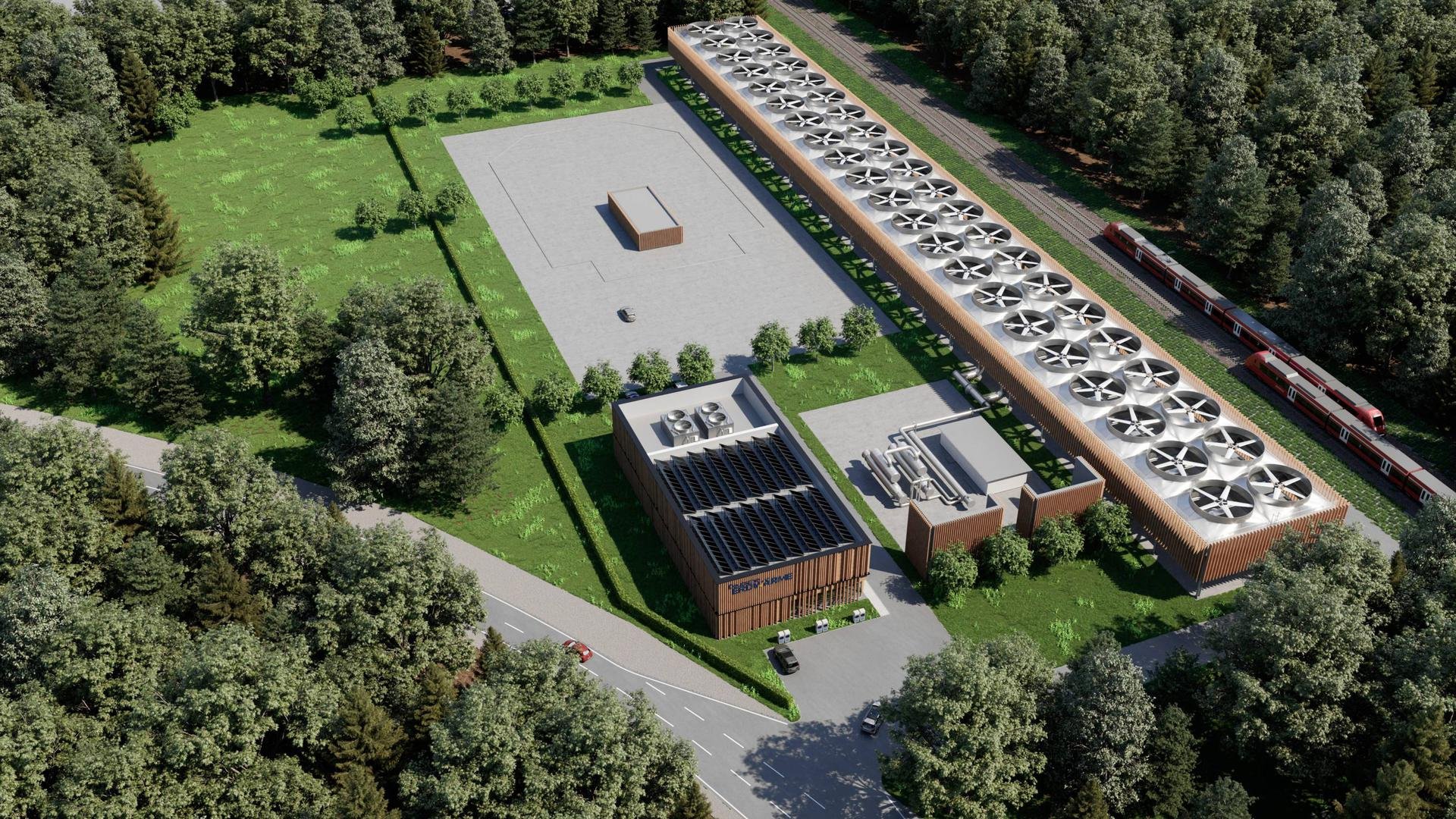GREO is in discussion with several early-stage geothermal projects that are looking for funding.
The objective of the first stage of funding is to get each of the projects to a “drill-ready” stage.
GREO is looking to deploy capital both to finance the pre-drilling stage of the projects, as well as the subsequent stage of drilling.
At present, GREO is focusing on the German and Croatian geothermal markets.
Given the current market condition, both these market opportunities are projected to generate a lot of value and offer highly lucrative returns for investors.
Croatia
Croatia is making significant progress in harnessing geothermal energy as a sustainable and reliable power source. The country boasts considerable geothermal resources, mainly concentrated in the northern and eastern regions. Croatia's geothermal potential is attributed to its geological characteristics, such as volcanic activity and deep sedimentary basins. Geothermal energy in Croatia finds primary application in district heating and greenhouse cultivation, delivering clean and efficient heating solutions for residential, commercial, and agricultural sectors. Today, Croatia operates 1 geothermal power plant, but is actively pursuing the development of 10 additional plants. The government recently conducted auctions for 6 productive exploration sites, indicating a commitment to its expansion and utilization.
42
12
Germany
Germany has been actively exploring and harnessing geothermal energy as a sustainable alternative to traditional energy sources. The country's rich geothermal potential lies in its tectonic activity and volcanic regions, particularly in the southern part of the country. The government's commitment to renewable energy and the development of innovative geothermal technologies have propelled the sector's growth. There are currently 42 deep geothermal plants in Germany with another 12 under construction.


